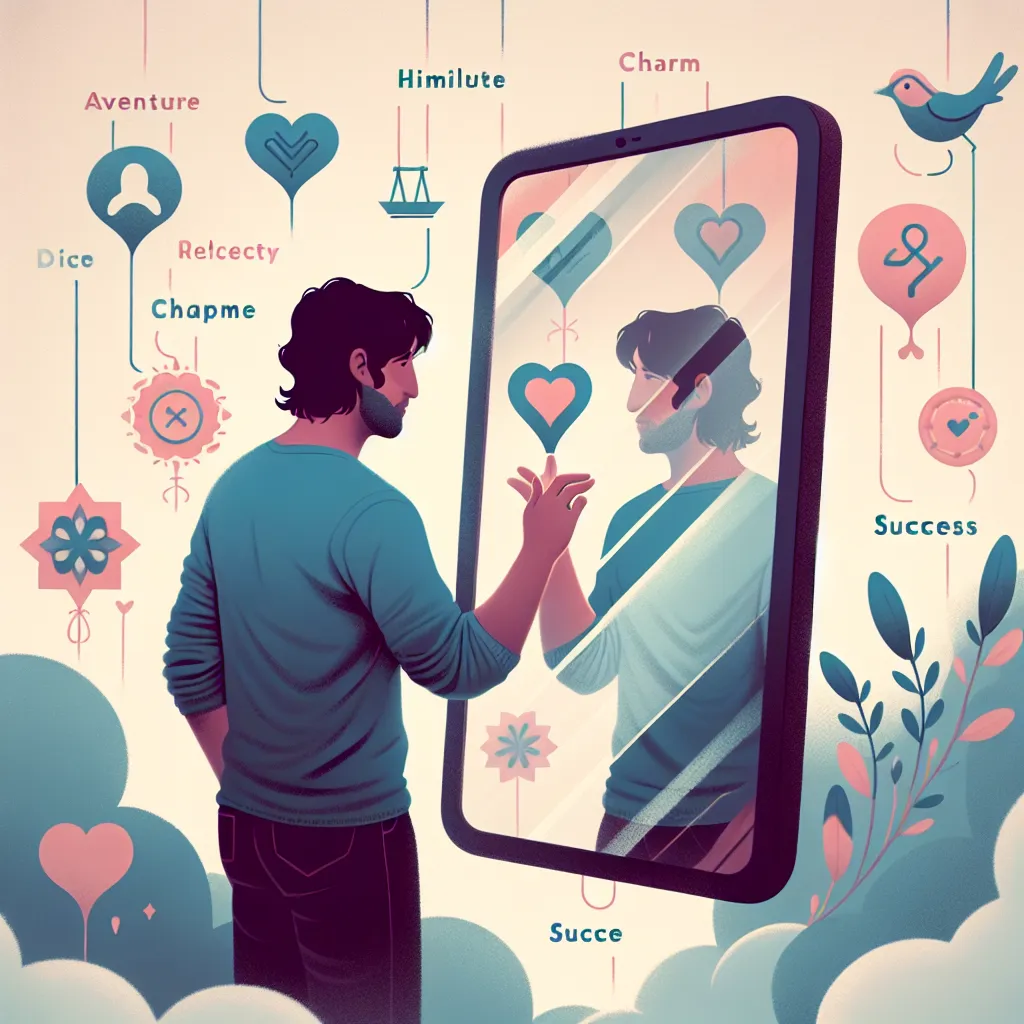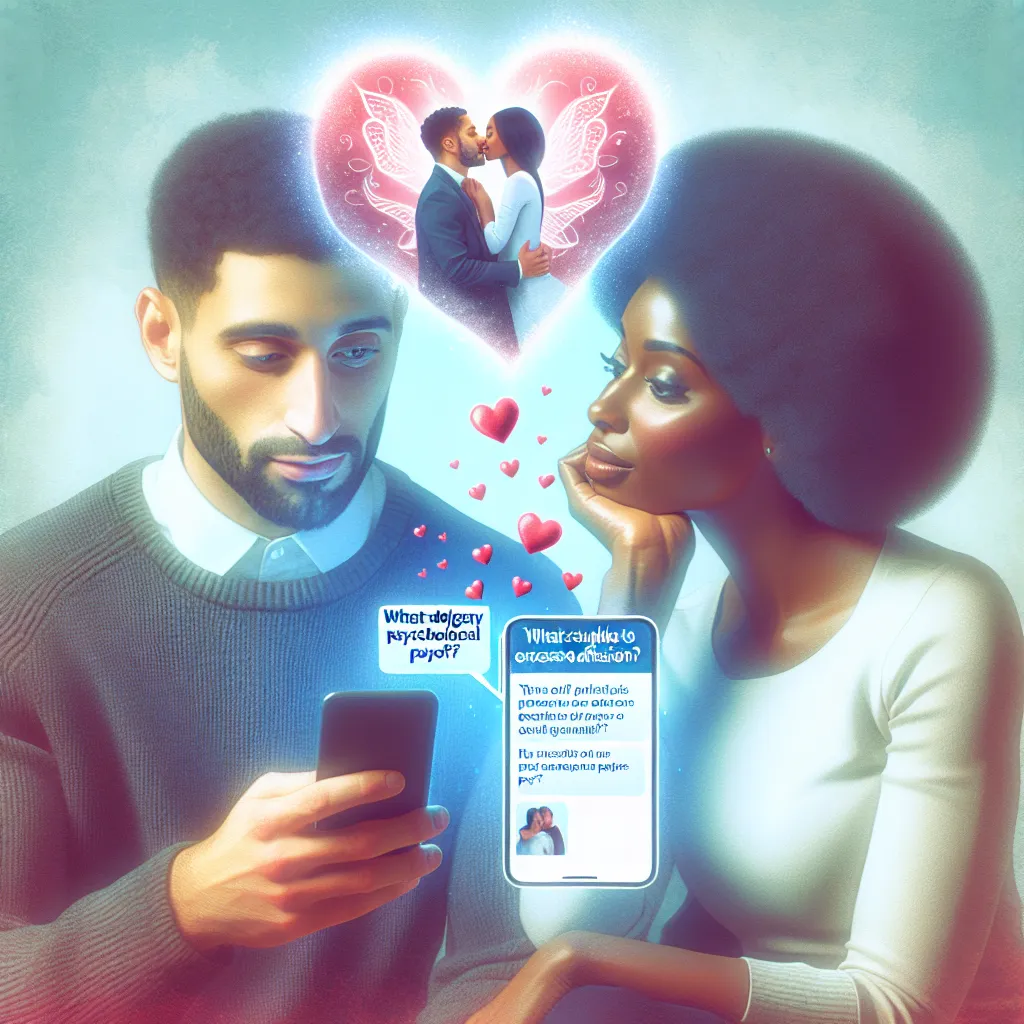Hello, relationship seekers!
Today, we’re diving deep into a crucial question about relationships in the age of digital technology: “What psychological hooks in dating apps create an addictive need to swipe endlessly?”
The Direct Answer
Dating apps use a potent combination of psychological principles to create an addictive need to swipe. These principles include the Variable Reward System, the Zeigarnik Effect, Social Validation, and the Fear of Missing Out (FOMO). These strategies create a compelling, almost addictive, user experience, enticing users to keep swiping in the hope of a better match or a more rewarding interaction.
Now, let’s explore the extensive evidence and details that support this answer:
1. Variable Reward System: The Principle of Uncertainty
The Variable Reward System is a powerful psychological hook utilized by dating apps. This theory is based on the idea that humans are more motivated to engage in an activity when the rewards are unpredictable.
A. The Role of Dopamine
Dopamine, often referred to as the ‘feel-good hormone,’ is released in our brain during pleasurable situations. This hormone plays a crucial role in reward-seeking behavior. When you swipe right on a dating app, not knowing whether the person will match with you creates a sense of anticipation, which triggers the release of dopamine.
- Expert Perspectives: According to Dr. Helen Fisher, a biological anthropologist, “The brain is very well built to try and win a game. And when you’re not winning, you get this [dopamine] system going, which energises you to keep going.”
- Psychological Research: Research from Harvard University suggests that dopamine release is most significant when rewards are unpredictable, as is the case with dating app matches.
- Real-World Examples: The classic example of this is slot machines in casinos. The uncertainty of the outcome keeps players hooked, just as an unpredictable match keeps users swiping.
B. The ‘Almost Win’ Phenomenon
Closely related to the Variable Reward System is the ‘almost win’ phenomenon. This term refers to the psychological effect of nearly achieving a goal, which motivates individuals to keep trying.
- Historical Context: This phenomenon has its roots in the study of gambling behaviors, where players are often motivated by near misses.
- Common Challenges: In the context of dating apps, an ‘almost win’ could be a situation where you match with someone, but the conversation doesn’t lead to a date.
- Practical Applications: Understanding this phenomenon can help users recognize and manage their time and emotional investment in these apps.
C. Dating Apps’ Design and the Variable Reward System
Dating apps are specifically designed to exploit the variable reward system. The unpredictable nature of finding a match serves as the variable reward, which keeps users swiping.
2. The Zeigarnik Effect: Unfinished Business
The Zeigarnik Effect is another psychological principle at work in dating apps. This theory suggests that people remember uncompleted tasks better than completed ones, creating a mental tension that is only relieved by completing the task.
A. Unfinished Conversations
The Zeigarnik Effect often manifests in our desire to continue conversations on dating apps. Leaving a chat incomplete can create a nagging feeling of an unfinished task, compelling us to go back to the app.
- Expert Perspectives: According to Dr. Art Markman, a psychology professor at the University of Texas, “The Zeigarnik Effect can make it hard to stop engaging with social media platforms that create a never-ending source of new material.”
- Psychological Research: A study published in the journal “Psychological Review” found that participants were more likely to recall details about interrupted tasks than completed tasks.
- Real-World Examples: This effect can be seen in how cliffhangers in TV shows and books pique our interest and leave us eagerly waiting for the next episode or chapter.
B. The ‘Inbox Effect’
The ‘Inbox Effect’ is an aspect of dating apps that can trigger the Zeigarnik Effect. The notification of a new message or match can create a sense of urgency and a need to respond, drawing users back into the app.
- Historical Context: Much like how email notifications keep us checking our inbox, the ‘Inbox Effect’ on dating apps keeps us engaged.
- Common Challenges: This can lead to compulsive checking of dating apps, interrupting daily routines and productivity.
- Practical Applications: Users can manage this effect by setting specific times to check and respond to dating app messages, reducing its disruption to their daily lives.
C. The ‘Swipe Effect’
Similarly, the act of swiping left or right without immediately knowing the result creates a sense of unfinished business, compelling us to continue swiping.
3. Social Validation and Fear of Missing Out (FOMO)
Social Validation and FOMO are two other significant psychological factors that fuel the compulsive behavior associated with dating apps.
A. Social Validation
On dating apps, matches and messages serve as a form of social validation. Positive responses from others can boost our self-esteem and make us feel desired.
- Expert Perspectives: Psychologist Dr. Jenny Taitz explains, “When someone responds to us, we feel seen, and that’s something we crave.”
- Psychological Research: Numerous studies have linked social validation to increased dopamine levels, reinforcing the addictive nature of dating apps.
- Real-World Examples: This can be compared to the ‘likes’ and ‘shares’ on social media platforms, which provide immediate social validation.
B. Fear of Missing Out (FOMO)
FOMO is the anxiety that an exciting or interesting event may currently be happening elsewhere. On dating apps, FOMO can make us fear that we might miss out on an ideal match, keeping us engaged with the app.
- Alternative Perspectives: While FOMO can keep us swiping, it also contributes to the paradox of choice: having too many options can lead to indecision and dissatisfaction.
- Future Possibilities: As users become more aware of FOMO and its drawbacks, they might seek dating apps that prioritize quality of matches over quantity.
4. Additional Context and Considerations
While understanding the psychological hooks can help manage our relationship with dating apps, it’s essential to consider other aspects, such as the impact of our digital behavior on our overall wellbeing and how we value genuine human connections.
Conclusion: The Definitive Answer
Based on all the evidence we’ve examined:
- The Variable Reward System: Dating apps utilize the Variable Reward System to keep us swiping in the hope of an unpredictable reward, i.e., a potential match.
- The Zeigarnik Effect: Unfinished tasks, whether it’s an ongoing conversation or the act of swiping itself, can create a mental tension that encourages continued app usage.
- Social Validation and FOMO: The need for social validation and the fear of missing out can also drive our compulsive swiping behavior.
In conclusion, the addictive need to swipe endlessly on dating apps is fueled by a combination of psychological principles, namely the Variable Reward System, the Zeigarnik Effect, Social Validation, and FOMO. Understanding these hooks can help us manage our usage of dating apps, ensuring they assist, rather than hinder, our quest for meaningful connections. After all, as we navigate our digital lives, it is vital to remember that our value is not determined by the quantity of matches or messages we receive, but by the quality of connections we make and maintain.



